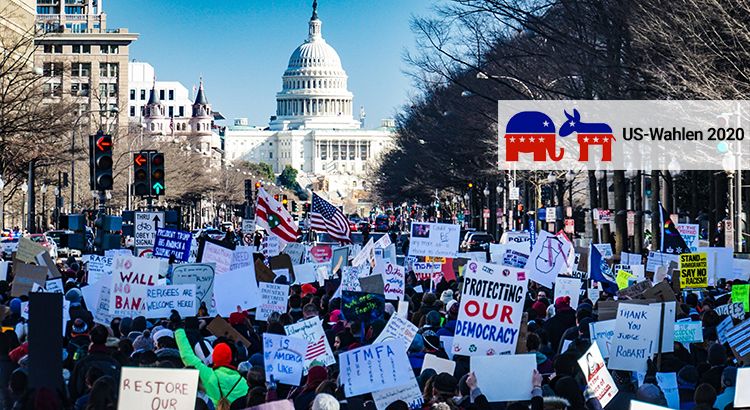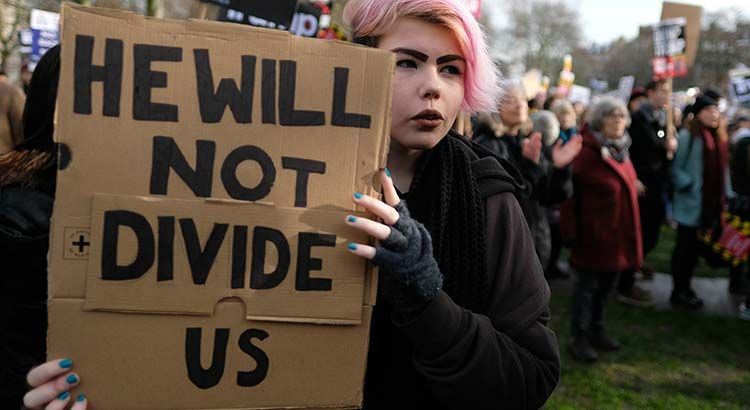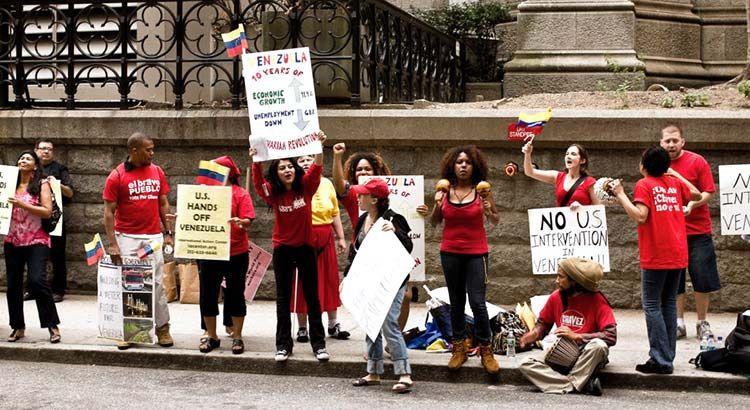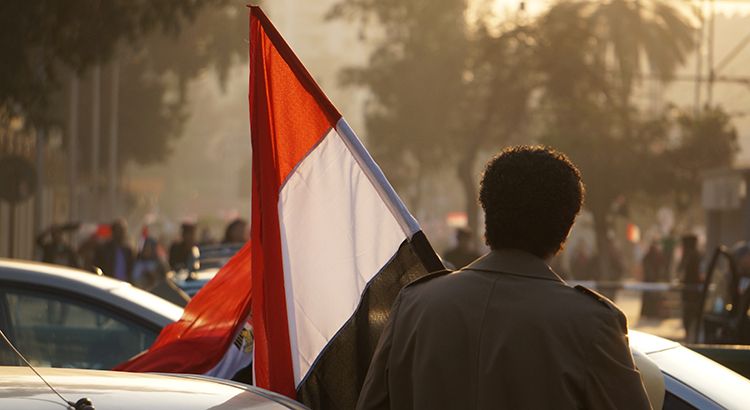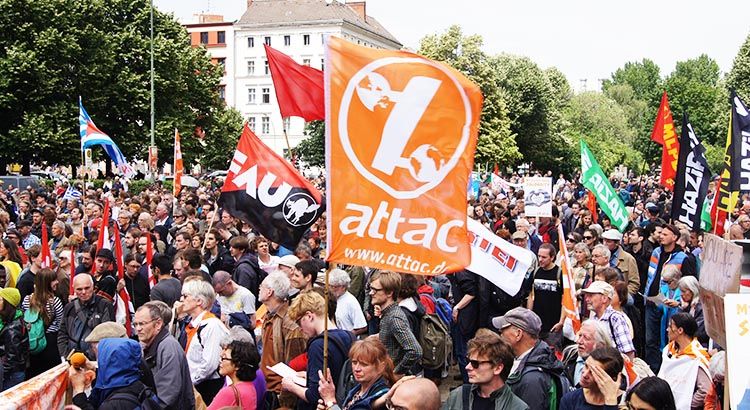Between a Rock and a Hard Place: US Democracy Promotion after the 2020 Presidential Election
The external promotion of democracy, a long-standing and bipartisan U.S. foreign policy goal and key to the reproduction of U.S. national identity, has come under unprecedented trouble under the Trump administration. What will U.S. democracy promotion policy likely look like under a second Trump administration, and what would it be under a President Biden? In neither scenario, a return to the status quo ante is likely.
